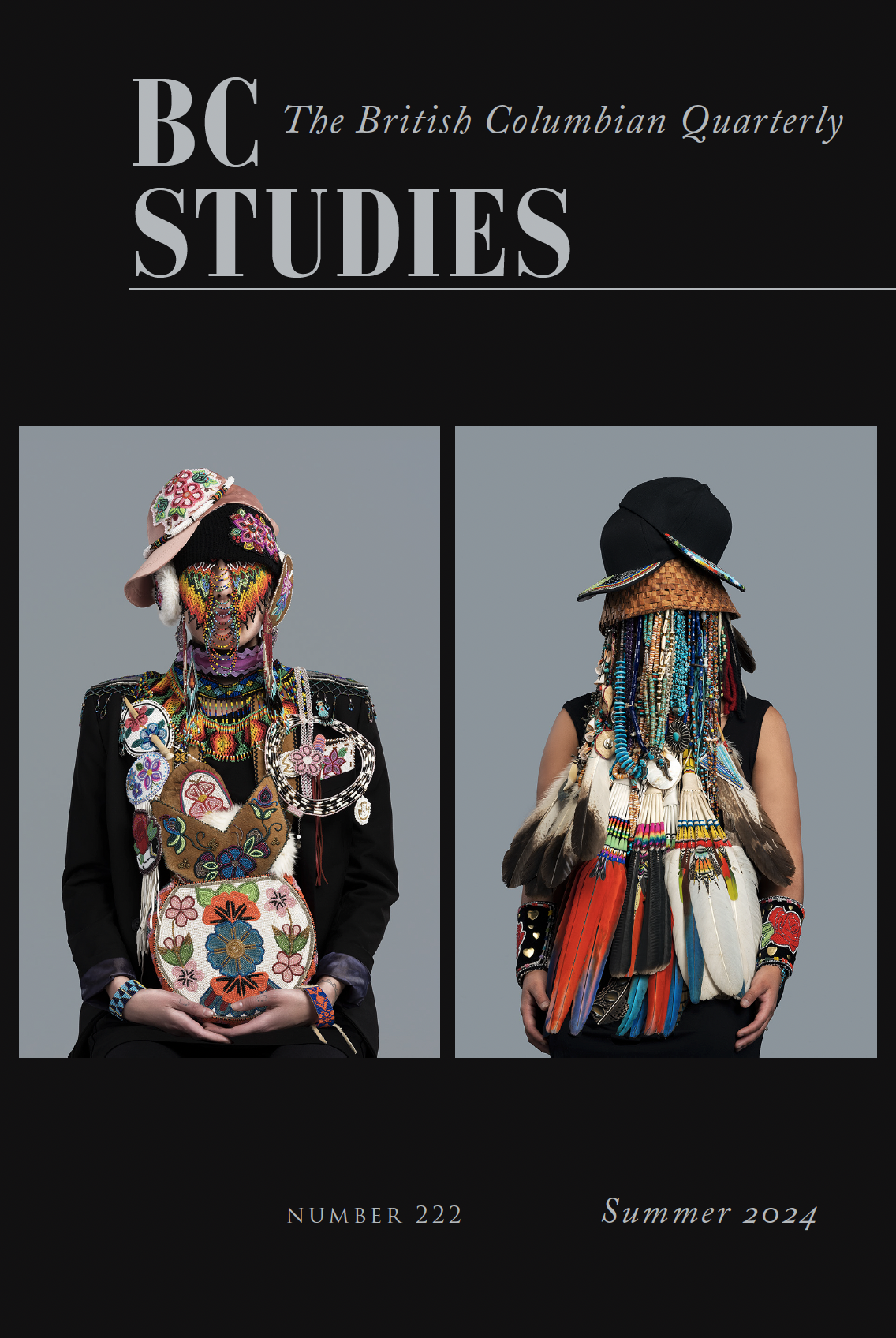Rhythm of Resistance
The Life and Legacy of Canadian Jazz Legend Eleanor Collins
DOI:
https://doi.org/10.14288/bcs.no222.198890Keywords:
Blacks, women, music, race and racism, migrationAbstract
Eleanor Collins is a Canadian jazz singer whose illustrious career has spanned nearly eight decades, resulting in two stand-alone Canadian Broadcasting Cooperation productions: The Eleanor Collins Show (1955) and Eleanor (1964). Despite being the first Black musician in North America to have ever hosted their own variety show and the first Black woman in Canadian history to have a television program bear her name, Collins has been largely obfuscated from historical narratives. In this paper, I trace Collins’s trajectory from the daughter of Oklahoman immigrants living in Depression-era Edmonton to a commercially successful Black Canadian musician in Vancouver, employed by an apparatus of the Canadian state. Collins’s distinct experience as the primary Black female musician working within the regional British Columbia jazz niche and how this impacted the course of her life, shapes the context for her civil rights activism and helps us situate politically impactful interventions and interruptions against anti-Black racism in Canada.



